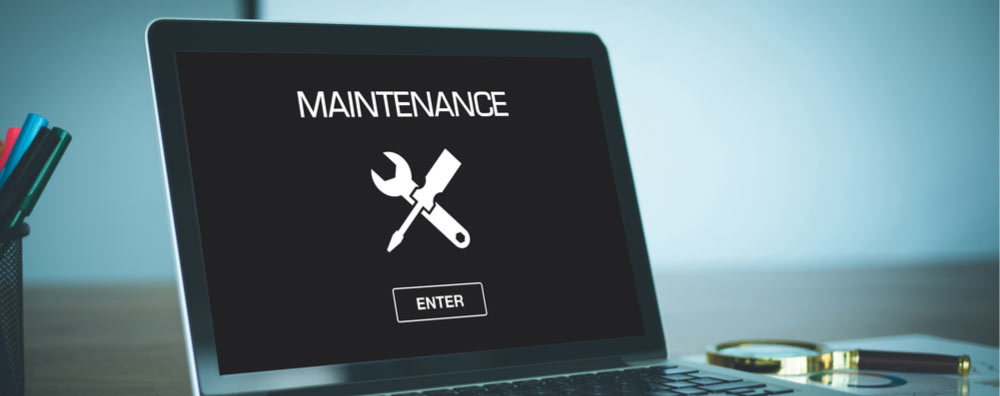
Department of Labor, which enforces employment rules for several other federal agencies.
Paying employees means more than just issuing checks. Your company also needs to keep accurate records for current and past employees for a certain period of time. There are record requirements from both the IRS and the U.S.
These records include the following information: name, address, occupation and Social Security number, as well as details of compensation such as the dates paid, tips, noncash payments, compensation subject to withholding and payroll taxes, pay period and fringe benefits provided to employees. In addition, you must keep copies of all pertinent federal forms filed. (See right-hand box for some record-retention guidelines.)
To further complicate matters, there are numerous state, local and other regulatory agencies that may require additional recordkeeping. For example, various government agencies enforce their own laws involving unemployment insurance, wages and hours, child support, creditor garnishment, and unclaimed or abandoned wages.
Without the proper records, your company will be unable to comply with regulatory requirements. If you are subsequently audited by federal, state or local agencies, you could be hit with back taxes, interest and penalties.
Burden of Proof
The burden of proof, or the responsibility to substantiate items on your tax returns, such as payroll and payroll-related costs, at one time rested entirely on the taxpayer. Since the passage of the Internal Revenue Service Restructuring and Reform Act of 1998, the burden has shifted to the IRS in the event of a courtroom proceeding, but only if you meet the requirements to retain proper records and make them available for inspection. So while the law now takes some of the heat off taxpayers, it only applies if your company diligently maintains records and cooperates with reasonable IRS requests.
Obviously, good records are vital but maintaining them is a daunting task. Many businesses solve this problem by outsourcing payroll. A payroll service provider can relieve your business of the many headaches involved in preparing paychecks and reporting to government agencies, and it can also store your documentation and provide you with reports as needed. Recordkeeping is just one more reason why outsourcing payroll makes sense for so many businesses.
TESTIMONIALS
As we’ve grown, so have our administrative and payroll needs. That’s why we’ve partnered with HR&P. HR&P supports us every day with human resources, payroll, benefits and compliance so we can focus on being the best BB’s Cafe we can be!
Since 2010, my company has grown to over five hundred employees. With our tremendous growth we needed a human resources and payroll company that could grow with us. That company is HR&P. And as laws have changed, like the Affordable Care Act, HR&P has kept us in compliance. I focus on growing Twin Eagle. I trust HR&P with the rest.
We are the industry leader in Oil Spill Cleanup Products and have dealt with numerous Oil Spill disasters. Knowing up close what a disaster looks like we choose to avoid them in our offices. HR&P guides us through the land mines of HR, Payroll and Benefit compliance so my team can focus solely on helping our clients with their problems, and we avoid our own.
One of the best things we did for our business was to partner with HR&P. They’re the experts in human resources, payroll and benefits administration.
HR&P’s web based solutions make it easy for us to manage our employee’s needs. They also help us stay compliant with the Affordable Care Act and with “the alphabet soup” of constantly changing Governmental regulations.
I run a restaurant, from early in the morning to late at night, our team works hard to deliver great food in a fun atmosphere.
But there’s a lot more to running a business like human resources, payroll, benefits and compliance. So we turn to HR&P.
Outsourcing to HR&P keeps us focused on our business.
NEWSLETTER
To receive more HR articles and tips that keep you informed, sign up for our newsletter.
Payroll Record Guidelines
Employee earnings
Maintain a minimum of four years to meet various state and federal requirements.
Employee time cards
Keep for at least three years if your business is subject to the Fair Labor Standards Act (engaged in interstate commerce), although it’s a good practice for all businesses to keep the files for several years in case questions arise.
Personnel records
Retain three years after an employee has been terminated.
Employment tax records
Keep four years from the date the tax was due, or the date it was paid — whichever is longer.
